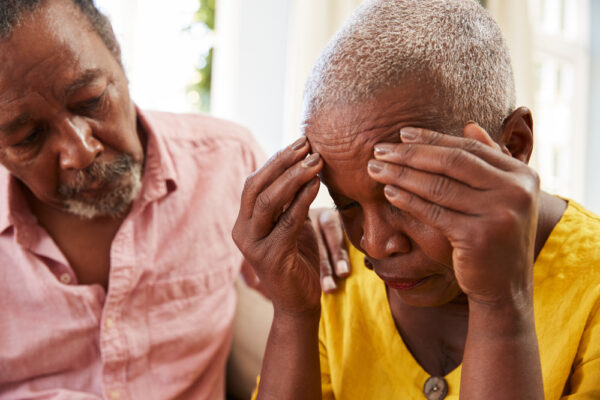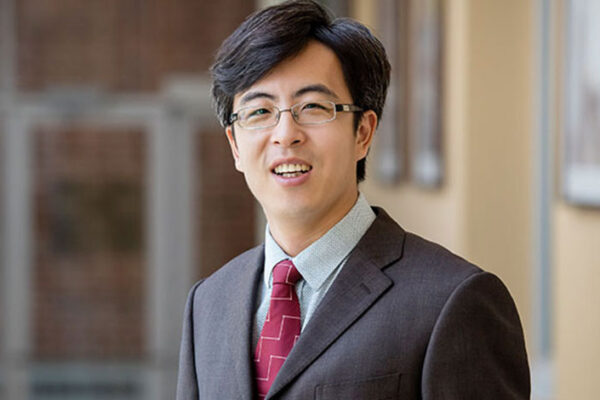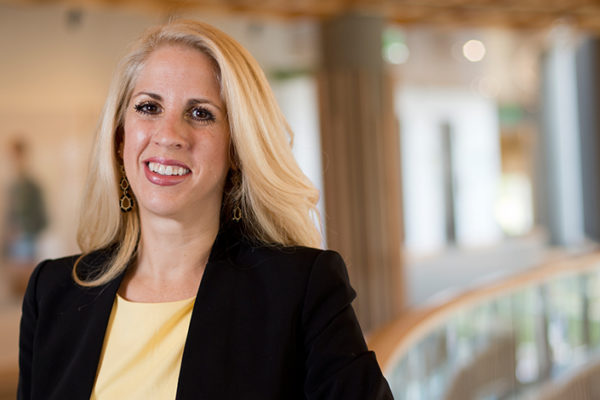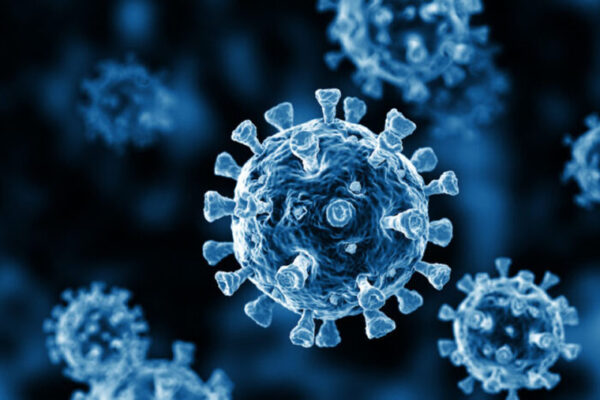Five factors that led to Chauvin guilty verdicts
Former Minneapolis police officer Derek Chauvin was convicted April 20 for his killing of George Floyd. Collectively, people across the country breathed a sigh of relief because far too often, the story has been police killing people of color with impunity, says an expert on race and the law at Washington University in St. Louis.
How marriage is impacted by a breast cancer diagnosis among African American women
Most African American women described successfully navigating the challenges of a breast cancer diagnosis with their partners, finds a new analysis from the Brown School at Washington University in St. Louis.
Child Development Accounts generate assets, parental investments
New research from the Center for Social Development at the Brown School shows that parents of newborns with Child Development Accounts respond by deepening their commitment to the child’s higher education and their own efforts to save for that education.
Implementation science should give higher priority to health equity
Moving scientific research results into public health and patient care more quickly could have a significant impact on health equity, finds a new paper from researchers at the Brown School at Washington University in St. Louis.
An receives grant to study egg consumption
Ruopeng An, assistant professor at the Brown School, has received a $90,000 three-year grant from the Egg Nutrition Center for a project titled “Influence of Whole Egg Consumption on Diet Quality and Cognitive Function among U.S. Older Adults.”
State laws can bolster physical education among children, study finds
The presence and strength of state physical education (P.E.) laws positively affected P.E. attendance and the frequency and duration of physical activity throughout the day, suggests a new analysis from the Brown School.
Grinstein-Weiss addresses U.N. session on status of women
Michal Grinstein-Weiss, the Shanti K. Khinduka Distinguished Professor at the Brown School and director of the Social Policy Institute, spoke in March at the civil society forum of the United Nations session on the Commission on the Status of Women.
Supreme Court term limits would greatly reduce imbalance on the court, study finds
Imposing term limits on justices who sit on the U.S. Supreme Court could bring significant changes to the nation’s highest court, suggests a forthcoming paper from two Washington University in St. Louis law professors.
Comparing pandemic spending patterns in U.S. and Israel
The pandemic is exacerbating preexisting social and economic inequalities in the U.S. and abroad, finds a new study from the Social Policy Institute at Washington University in St. Louis.
Brown School working with St. Louis city on virus containment
New research from faculty at the Brown School at Washington University in St. Louis is providing guidance to local policymakers on how they might contain the spread of the virus that causes COVID-19 until vaccination ramps up to levels high enough to provide widespread protection.
View More Stories









